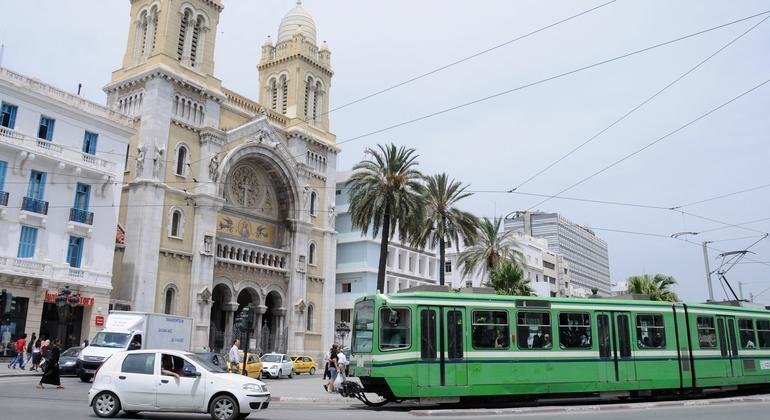
“Collective expulsions are prohibited under international law,” the UN experts warned in a statement.
They emphasized that it is prohibition under international human rights law to deport migrants, refugees and asylum-seekers without conducting an individual and objective risk assessment of the potential human rights violations they might face upon return.
Women and children deported
The experts wrote to the Tunisian Government in March to express their concerns.
“We call on the authorities to immediately halt any further deportations and to continue and expand humanitarian access to a dangerous area on the Tunisian-Libyan border where many, including pregnant women and children, have already been deported,” the UN experts said.
They stressed that international human rights law upholds the policy of non-refoulement, or not sending people back to countries where they are likely to suffer torture or other harm, which applies to all forms of expulsion, regardless of nationality or migration status.
Stop hate speech
“We are also deeply concerned about reports of racist hate speech in the country, and reports of violence against migrants in Sfax, including perpetrated by law enforcement officials,” the experts said.
“Racial hate speech that constitutes incitement to discrimination has real consequences, including violence,” they stressed.
The experts called on the Tunisian Government to take immediate steps to end racist hate speech and protect sub-Saharan migrants from violence. They also urged the Government to investigate reported acts of violence and ensure access to justice and remedies for victims.
The experts who issued the statement were appointed by the UN Human Rights Council in Geneva.
They are not UN staff and are not paid for their work.



